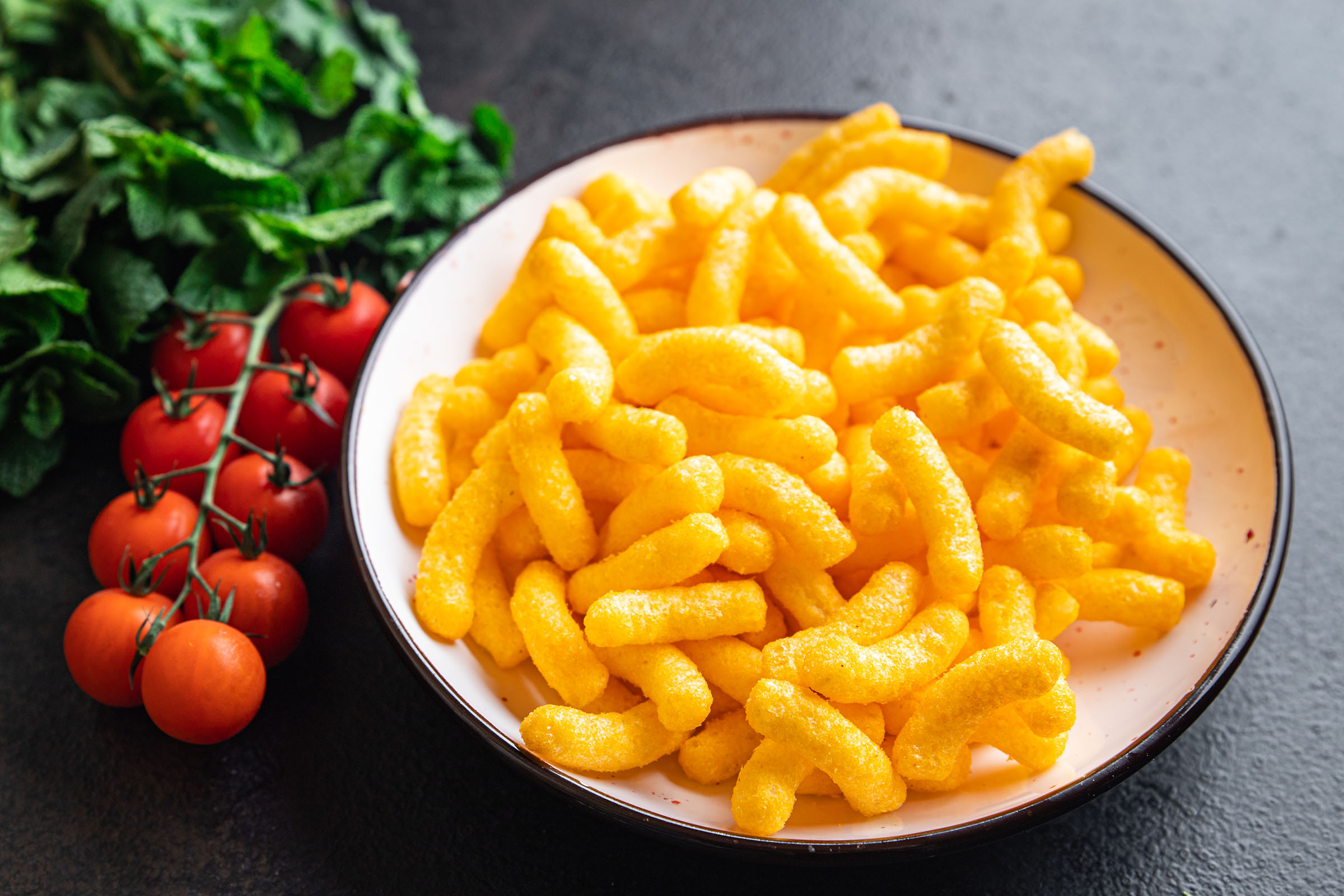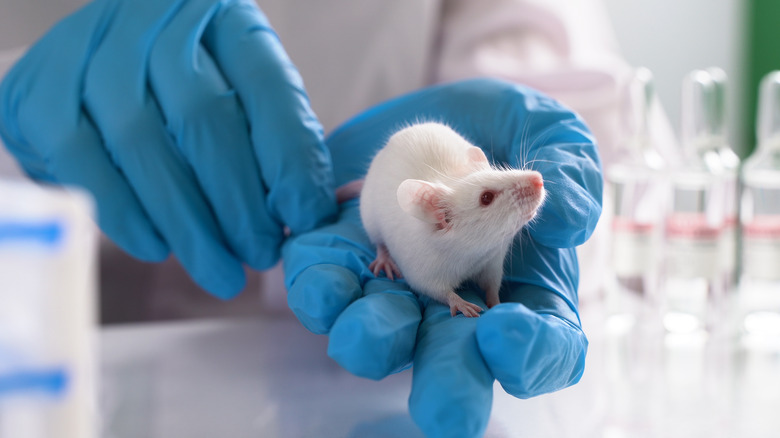High-Fructose Corn Syrup Causes Cancer In Lab Animals. Should You Worry?
A new study has raised some interesting concerns, revealing that high-fructose corn syrup—a food additive used in many food items we ingest daily—can cause cancer in lab animals. But does this mean there's a risk of it causing cancer in humans? Unfortunately, the answer isn't quite so clear-cut.
High-fructose corn syrup has been the "boogeyman" of humankind's eating habits for decades now, with many attributing problems with heart disease, obesity, type 2 diabetes, and more to the additive. This new study, though, takes things a step further, claiming that the syrup is shown to create a specific class of lipids that promote tumor growth in certain lab animals.
Now, the real question here, of course, is just how much this has to concern humans. We rely on lab animals for many things—including clinical tests of medications that will eventually be given to humans. And while we share some similarities with various animals, the risk of high-fructose corn syrup causing cancer in humans isn't a clear yes just because we see evidence of it in animals.

While the study clearly shows that fructose can indirectly promote cancer growth when using in vitro in cultured cells and in vivo in animal cancer models, it doesn't answer the question of whether or not this predictive value has any value in normal animals or humans. Lab animals are bred specifically to fulfill their testing purposes.
As such, they do not typically have the standard diets that you'd see in animals found in the wild. So, taking this information and trying to determine the risk of high-fructose corn syrup causing cancer in humans is impossible with what has been presented. So, do we need to worry? It's possible.
However, considering how prevalent fructose is—it literally means fruit syrup and is found in a ton of food, even naturally—there's really no way to avoid it completely. It's also important to note that the researchers say that while fructose speeds up the growth of tumors in the animals they observed, it didn't speed it up any faster than glucose—something made by our bodies—does.
But it does raise some questions about how we classify foods as healthy and unhealthy, especially since high fructose corn syrup and regular fructose can be so similar in how they affect the body.
